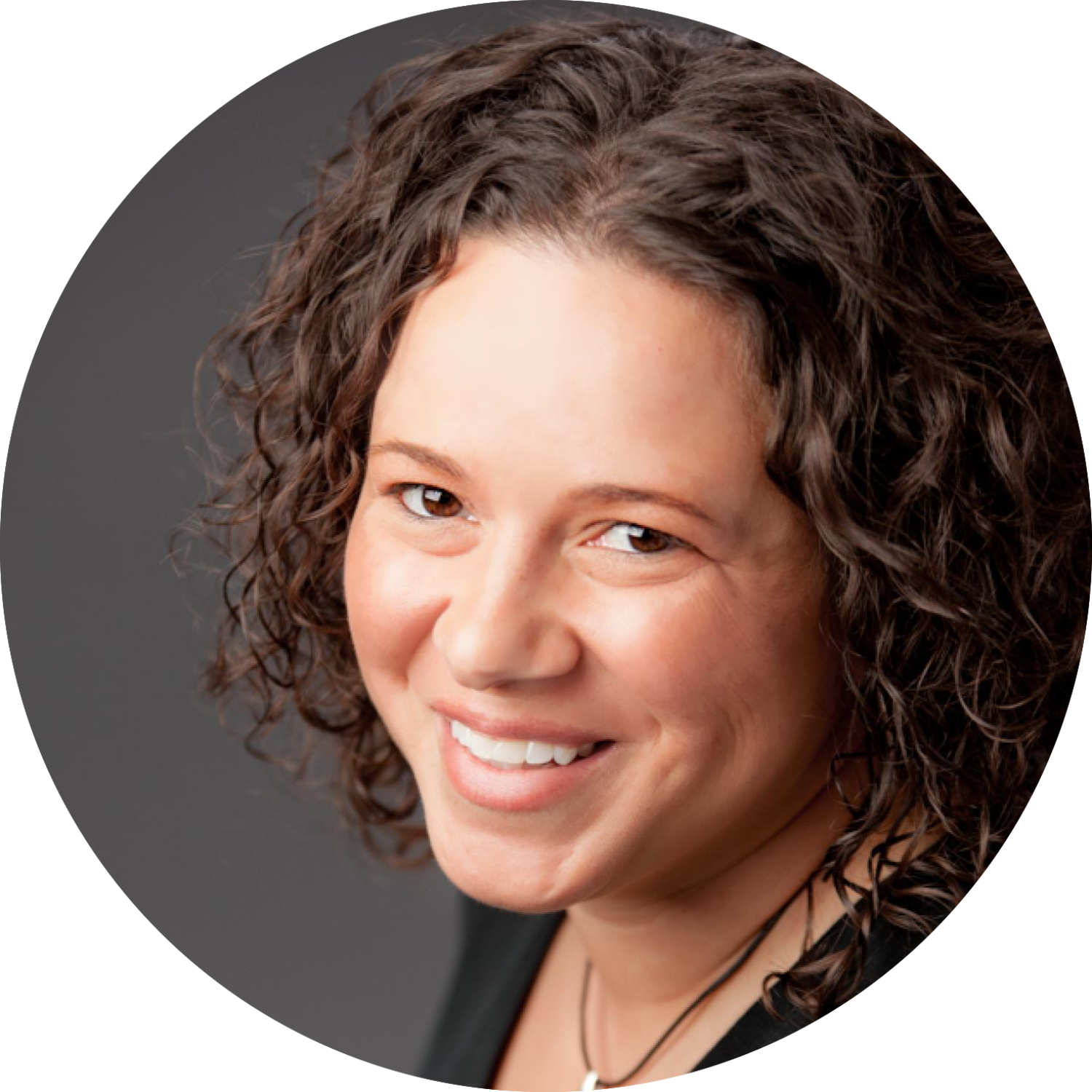Holly R. Barnard
- (She/they)
- Associate Dean of Research
- Professor
- Co-Director, Hydrologic Sciences Graduate Program
- GEOGRAPHY

Office: Campus Box 450, Boulder, CO 80309
Ecohydrology • Tree physiology • Stable isotope geochemistry
My research is focused on investigating how vegetation processes affect water flow dynamics and pathways in soil and streams, and conversely, how water flow paths affect vegetation function in mountainous terrain.
The ultimate goal is to improve our knowledge of how changes in land-use and/or climate will affect water resources and ecosystems. This interdisciplinary research uses state-of-the-art techniques to reveal patterns and processes at scales ranging from the leaf to the watershed. Some current topics include: evapo-transpiration partitioning using stable isotopes; linking carbon and water dynamics in the critical zone; and examining the influence of micro-climate on tree function using stable isotope analysis of tree rings.
Education
- PhD: Oregon State University, 2009
- MS: Colorado State University, 2000
- BS: University of Washington, 1998
Awards
- Excellence Award, Boulder Faculty Assembly, 2021
- Post-doctoral Fellow, National Science Foundation, 2009
- Horton Research Grant, American Geophysical Union, 2007
- Pre-doctoral Fellow, Ford Foundation, 2005
- Minority Pipeline Fellow, Oregon State University, 2004
Current students and postdocs
- Karla Jarecke, Postdoctoral Scholar
- Theo Kuhn, MS Student
- Christopher McNabb, PhD Student
- Rahila Yilangai, PhD Student
Courses taught
- GEOG 5241: Stable Isotopes in Environmental Science
- Survey of recent topics and literature involving applications of stable isotope ratio method in ecological and environmental science
- GEOG 5241: Ecohydrology and Soils
- Survey of current topics and literature related to ecohydrology, soil, and disturbance
- GEOG 5161: Research Design in Geography
- Graduate seminar that reads and discusses contemporary research philosophies and methodologies. Practices the development of research proposals and presentation of research ideas.
- GEOG 5100-002: Writing and Presenting in Physical Science
- Graduate seminar on scientific writing and presentation skills, with focus on clarity, structure and common pitfalls in our communications. We will also discuss approaches to reviewing papers, writing reviews, and responding to reviewers.
- GEOG 5100: The Earth's Critical Zone
- A graduate level reading, writing, and discussion course focused on catchment scale critical zone processes with specific attention given to carbon-water interactions.
- GEOG 4371/5371: Forest Geography
- Examines of principles of forest ecology with focus on individual tree responses to environmental factors and species interactions within communities
- GEOG 3511: Introduction to Hydrology
- Introduction to both the principles of hydrology as well as the techniques that can be used to solve hydrologic problems. The goal is to give students a balanced view of hydrology- one that includes a description of the physical processes as well as a coherent presentation of the theories and techniques that are used in practice.
- GEOG 1001: Environmental Systems I: Climate and Vegetation
- Introduction to the atmospheric environment of the Earth: elements and controls of climate and their implications for weather, vegetation and biodiversity
Publications
For additional publications, see Holly's ORCID profile.

